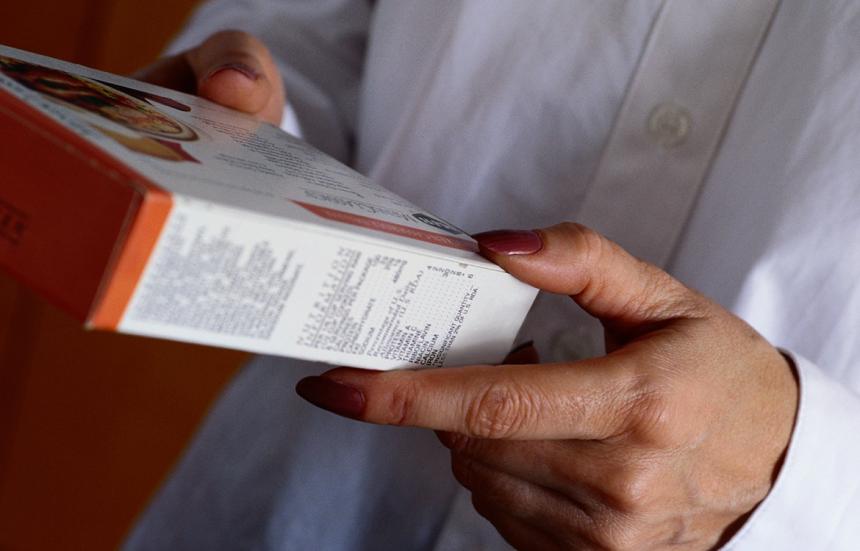Have You Checked Out the New Nutrition Facts Labels?

With the media focusing on COVID-19, you may have missed the news: The U.S. Food and Drug Administration (FDA) introduced new nutrition fact labels. Next time you are grocery shopping, pick up a packaged food item and check out the updated label. They’ve changed to include information on potassium and vitamin D, two nutrients consumers often don’t get enough of.
Nutrition facts label first began appearing on prepared foods such as frozen and canned products, breads and cereals, beverages, deserts and snacks in 1973. Labels help shoppers understand how nutritious a food product is and compare it with similar products.
Initially, the FDA only required labels on foods that claimed nutritional value. Over time, the requirement expanded to include all processed foods, and content on the labels has continued to evolve. They have gone from only listing the number of calories, grams of fat, sodium, carbohydrates, sugar and protein and percentage of the recommended daily allowance (RDA) for nutrients to alert consumers to added ingredients like trans fats and sugars. Labels also list nutrients such as vitamins A, C and D, potassium, calcium and iron. A few years ago, manufacturers enlarged the font size of calories and provided and easier to simplified breakdown of servings.
This brings us to the most recent changes, which primarily focus on vitamin D and potassium. Americans struggle getting these nutrients into their diet. To help consumers keep track of their vitamin D and potassium intake, manufacturers are now required to list the amount of vitamin D and potassium (in micrograms or milligrams and percentage of RDA) on the bottom portion of the label, replacing vitamins A and C.
How Much Potassium Do I Need?
Experts recommended consuming between 3,500 and 4,700 mg of potassium each day. Many whole foods such as fruits and vegetables, beans, fish and dairy products like milk and yogurt are good sources of potassium. But if you eat a lot of processed foods, it may be tough to get enough potassium into your diet. And if you’re taking a diuretic (or another type of medication that causes water loss), it can be difficult to maintain an optimal potassium level.
How Much Vitamin D Do I Need?
Vitamin D is a little trickier than potassium. Many experts suggest a daily intake of 400 to 800 IU/day. Unlike potassium, only a handful of foods are good sources of vitamin D. Eggs, salmon, sardines, herring, cod liver oil, mushrooms and cow’s milk are the first to come to mind. Some manufacturers fortify cereals and juices with vitamin D. Sunshine is probably your main source of vitamin D (your body synthesizes vitamin D from sunlight). However, weather and skin cancer prevention often force us to limit our time in the sun. This is why many doctors recommend vitamin D supplements.
“It makes sense that the FDA moved in this direction,” says Bernard Kaminetsky, MD, medical director, MDVIP. “It’s difficult to get adequate amounts of these valuable nutrients into your diet. Most people associate vitamin D with bone health, but it also is linked to strengthening your immune system and preventing depression. And potassium plays a key role in managing high blood pressure, a contributing factor in many heart attacks and strokes.”
If you have questions about nutrition, vitamin D or potassium, talk to your doctor. If you don’t have a doctor, considering partnering with an MDVIP-affiliated physician. They have time to customize an approach to nutrition and eating that can help patients achieve their dietary goals. Find a physician near you and begin your partnership in health »


